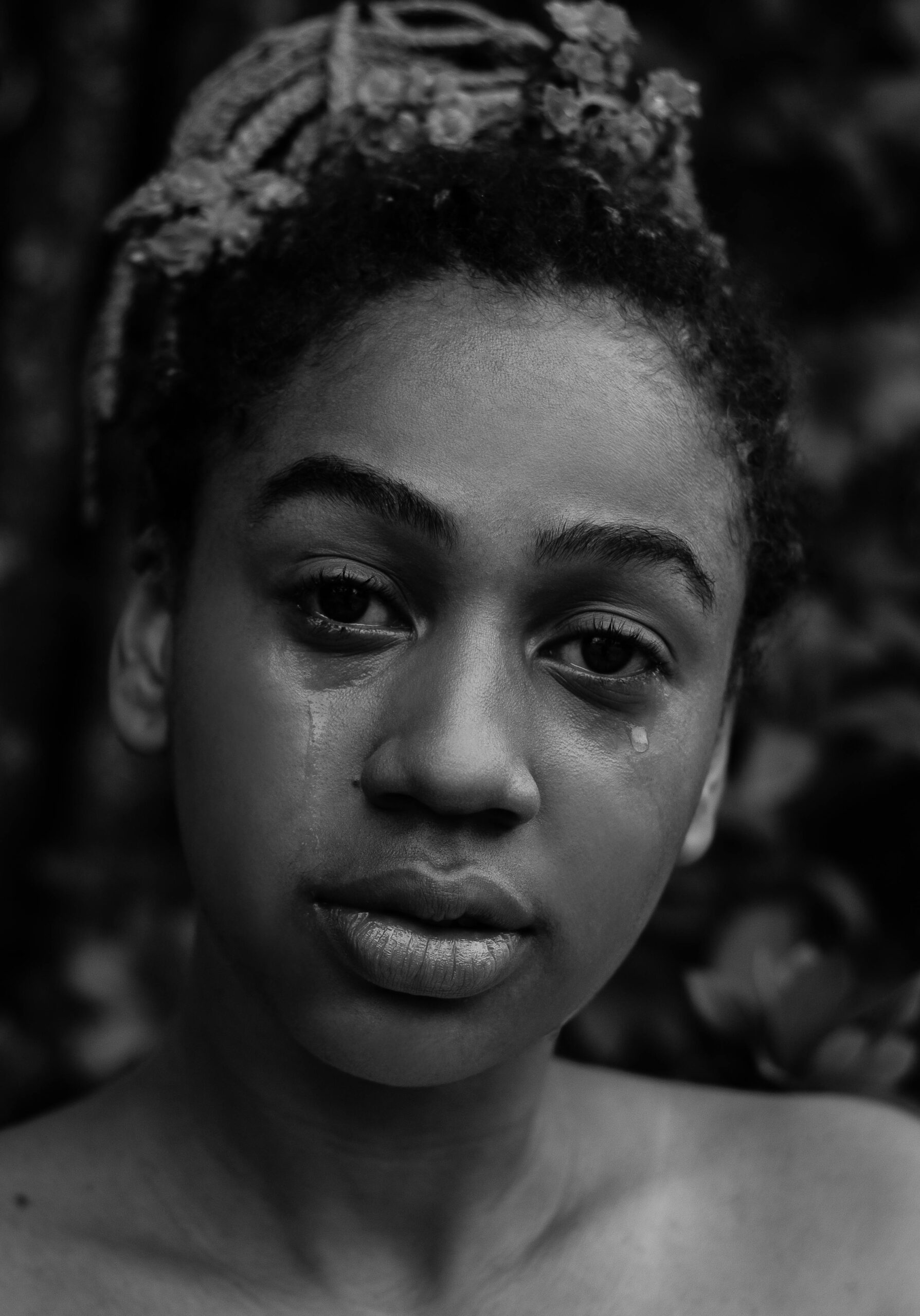Physical Address
304 North Cardinal St.
Dorchester Center, MA 02124
Physical Address
304 North Cardinal St.
Dorchester Center, MA 02124

Rare_Breed is a space for survivors, dreamers, and overcomers. Rooted in storytelling and self-expression, we help you heal, rise, and reclaim your voice.

Rare_Breed is a space for survivors, dreamers, and overcomers. Rooted in storytelling and self-expression, we help you heal, rise, and reclaim your voice.


Growing up in a loving family doesn’t always mean it was easy.
Sometimes, the loudest messages are delivered in silence. Sometimes, the people who raised us with strength also left behind unspoken questions.
This is the story of Nokuzola my grandmother and the truths she carried when her world shifted. When she lost her father at 14, everything she once knew about love, strength, and safety had to be relearned. These are the 7 lessons she carried into womanhood lessons I carry now, too.This story explores life lessons from family, silence, faith, and loss told through the eyes of my grandmother Nokuzola.
Before grief came, silence had already been a member of the household.
In our home, words were used sparingly. But love was present just expressed in ways that had to be felt more than heard.
Her father didn’t yell. He cleared his throat. He looked over his glasses with quiet disapproval.
Her mother folded towels tighter when she was upset. She scrubbed harder. She prayed longer.
Zola learned to read people like books. She noticed the tremble behind strong voices.
Long before anyone talked about “emotional intelligence” she was living it.
Respect was sacred.
For elders. For food. For silence. For rest days. For ritual.
Every Saturday, they walked to Sabbath church in pressed dresses and polished shoes.
Even in mourning, the Sabbath was honored.
Zola learned that even when the heart is tired, respect carries you.
It builds discipline, and it teaches humility.
It’s what you fall back on when the world stops making sense. Life lessons from family
Her father called her “iqanda” the egg.
Not out of insult, but out of love.
She was delicate. Gentle. Still.
When he died suddenly, that softness didn’t break.
It shifted.
She became quiet and steady.
Shaken but not shattered.
Zola carried the lesson that softness is not weakness.
It is grace.
It is strength wrapped in gentleness.
And it can survive even the hardest losses.
Babalo was 19 when he passed.
At that age, grief came out loud, through anger, tears, sometimes even rebellion.
But Zola’s grief came in whispers.
Their differences became sharper after his death.
Zola was still “the egg.” Babalo, the storm.
But over time, Zola realized they were both grieving in the only ways they knew.
They were both daughters missing their father.
They were both girls trying not to fall apart.
Understanding came not with blame, but with compassion.
Sabbath didn’t stop for grief.
If anything, it deepened their need for God.
The church on the hill became more than tradition, it became refuge.
The hymns meant more.
The prayers were heavier.
The silence between verses felt sacred.
Even in her mourning, Zola felt held.
Not always by people but by God.
Faith gave her what people couldn’t: peace without explanation.
Nobody asked Nokuzola how she was coping.
Grief wasn’t a conversation, it was assumed.
She was expected to carry on.
So she wrote.
On the backs of school books. In the margins of her Sabbath verses.
In the quiet hours after chores, she’d sit by the window and write stories where girls like her found healing.
She didn’t speak often but her notebooks spoke for her.
And that saved her.
The world didn’t pause when he died.
There was still water to fetch. Uniforms to iron. Beans to sort.
But Zola’s heart did pause and stayed paused for years.
Healing didn’t come quickly.
It came in moments. In writing. In worship. In walking barefoot on the sand near their home.
She never forgot the man who called her his egg.
She just learned to carry him gently in her prayers, her choices, her resilience.
For years after her father’s funeral, Zola could still feel him.
Not in a haunted way but in the small, everyday things. In the way her mother still set out his favorite dish on Sabbath afternoons. In the scent of his cologne that lingered on an old tie folded in the top drawer. In the way the gate clicked shut at sunset just like it used to when he came home.
He was gone. But somehow, not really.
Zola would replay his words in her mind like scripture: “You’re the quiet one. But your quiet will protect others one day.”
At the time, she didn’t know what it meant.
But now, as a woman now, as I write this through her memory, I understand.
He saw something in her that she hadn’t yet seen in herself.
His gentleness wasn’t performative. It was foundational. And in a time when men were expected to be hard, he chose tenderness. He raised daughters with reverence, not fear. That was his legacy.
And that’s what Zola carried not just grief, but a blueprint.
For how to love.
How to protect.
How to heal without bitterness.
She may have lost her father but she never lost what he gave her.
Losing a parent at 14 shapes everything after.
But what Zola lost in presence, she rebuilt in spirit.
She became a woman who loved deeply, raised others gently, and taught us all that you don’t need to be loud to leave a legacy and these were life lessons from family.
If you were raised in a home where love was deep but words were few,
If grief visited your childhood before you knew how to name it,
You’re not alone.
Your quiet story matters.
Your healing doesn’t have to be public to be powerful.
Keep healing. Keep writing. Keep rising.
Has grief ever made you grow up faster than you were ready for?
Did silence ever become your survival language?
Share your story below.
Your voice may be the soft reminder someone else needs today. 🕊️